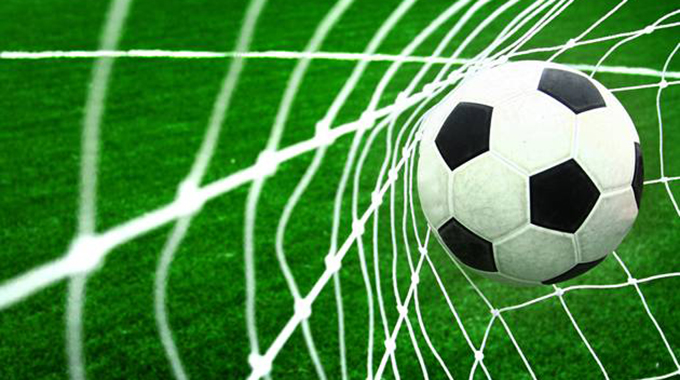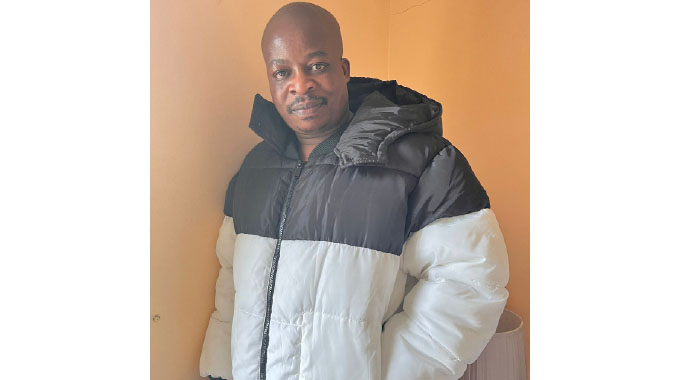FROM DINAMO TO DYNAMOS, HIGHLANDERS TO HAJDUK

. . . the amazing rivalry with a similar ringing tone
Flares, fires, faith and football at Croatia’s Eternal Derby
David Storey BBC Sport
The rivalry between Hajduk Split and Dinamo Zagreb has been supercharged since 1992 – that was the first Croatian league season after the country declared independence from Yugoslavia in 1991.
Hajduk and Dinamo are Croatia’s biggest club.
Since independence, Hajduk and Dinamo have won 25 of 27 Croatian league titles and 21 of 27 domestic cups between them.
The Torcida (the ultras who support Hajduk) are keen to make their feelings clear – if Split once felt subservient to former Yugoslav capital Belgrade, now they feel the same bitterness towards Zagreb (the Croatian capital).
Croatia is heavily centralised, with many people moving to the capital to study and work. Split, way down the Adriatic coast, feels ignored.
For Split, Hajduk is a way of life.
As the shipbuilding industry died out, the city was forced to rely on tourism as its principal source of post-war wealth. With locals forced out to make way for hotels and holiday apartments, tourism can erode an identity.
Hajduk is the antidote, a beacon and a religion, and the one social institution that is truly still theirs – this is a club owned by the people.
More than 25% of the shares lie with individual supporters who hand them down through the generations, with a plan to increase beyond a 50% majority.
The Torcida is the oldest organised supporters’ club in Europe.
Every tower block and spare wall is adorned with Hajduk’s badge.
Outside my apartment, the iconic image of a man wearing a bandana and sunglasses is daubed on the wall, paying homage to a Torcida leader from the 1980s who inspires today.
Most of the ultras have a story of being beaten by rival fans. Some have scars that act as permanent reminders of their devotion.
“Hajduk is love,” says former manager Damir Buric. “Before anything else, it’s love.
It’s something that you are born with. Every person in this city has something deep inside of them. A Hajduk DNA. This isn’t something that money can buy.”
But money can buy success.
Hajduk have gone 14 years without a league title and six years without a cup, while Dinamo have become dominant.
They have won 12 of the past 13 titles.
As the gap has grown, the bitterness and the lingering threat of violence have remained.
In 2004, a car of Dinamo fans was ambushed and flares thrown inside to force them out into the open to be systematically beaten.
After Hajduk suffered one defeat around the same time, a group of supporters broke into the Poljud and dug 11 graves into the pitch.
In 2010, violence inside Dinamo’s Maksimir stadium spilled out onto the streets. In the running battles between supporters and with police, one officer lost his eye and a fan was shot in the stomach. For all that divides these two hated rivals, there is plenty that unites them.
They share one common goal – a hatred of the establishment they believe has left Croatian league football pitifully underfunded.
The two clubs also share a history of racism and anti-Semitism.
Dinamo have just received a one-game stadium ban and fine for racist behaviour from supporters in a Europa League game against Benfica.
Two years ago, Hajduk received the same punishment for the same crime in the same competition. That element of Croatian fan culture cannot be ignored.In 2013, Torcida and Bad Blue Boys came together in an act of defiance against alleged mismanagement by football authorities.
They stood on the same terraces for two matches and marched through Zagreb together to protest. In the same year, an 18-year-old Torcida was beaten to death by police.
To some extent, this is a pantomime rivalry formed through necessity and the absence of any other outlet for their passion.
Despite Croatia’s success on the world stage, there is little inherent football fan culture in the country. Attendances drop when teams are underperforming.
Derbies are a chance to let loose, a day of civilian pride in a club and city.
But come rain or shine, win or defeat, the volume of the voices and the raw emotion in their disparaging chants towards the away end never changes. Attacking their own team in the derby, even in defeat, would be to let Dinamo win twice. The only response to adversity is to chant twice as loud, bounce twice as hard and shake the stadium twice as much. “If you don’t become the new champion,” the Torcida sing on nights like these, “Torcida will mourn, we’ll forgive you.
Because all of us still know that you’re the best, and so we’ll never turn our backs on you.”
In a city whose identity could easily become fragile, only one thing is true: they never will.











Comments